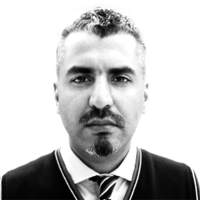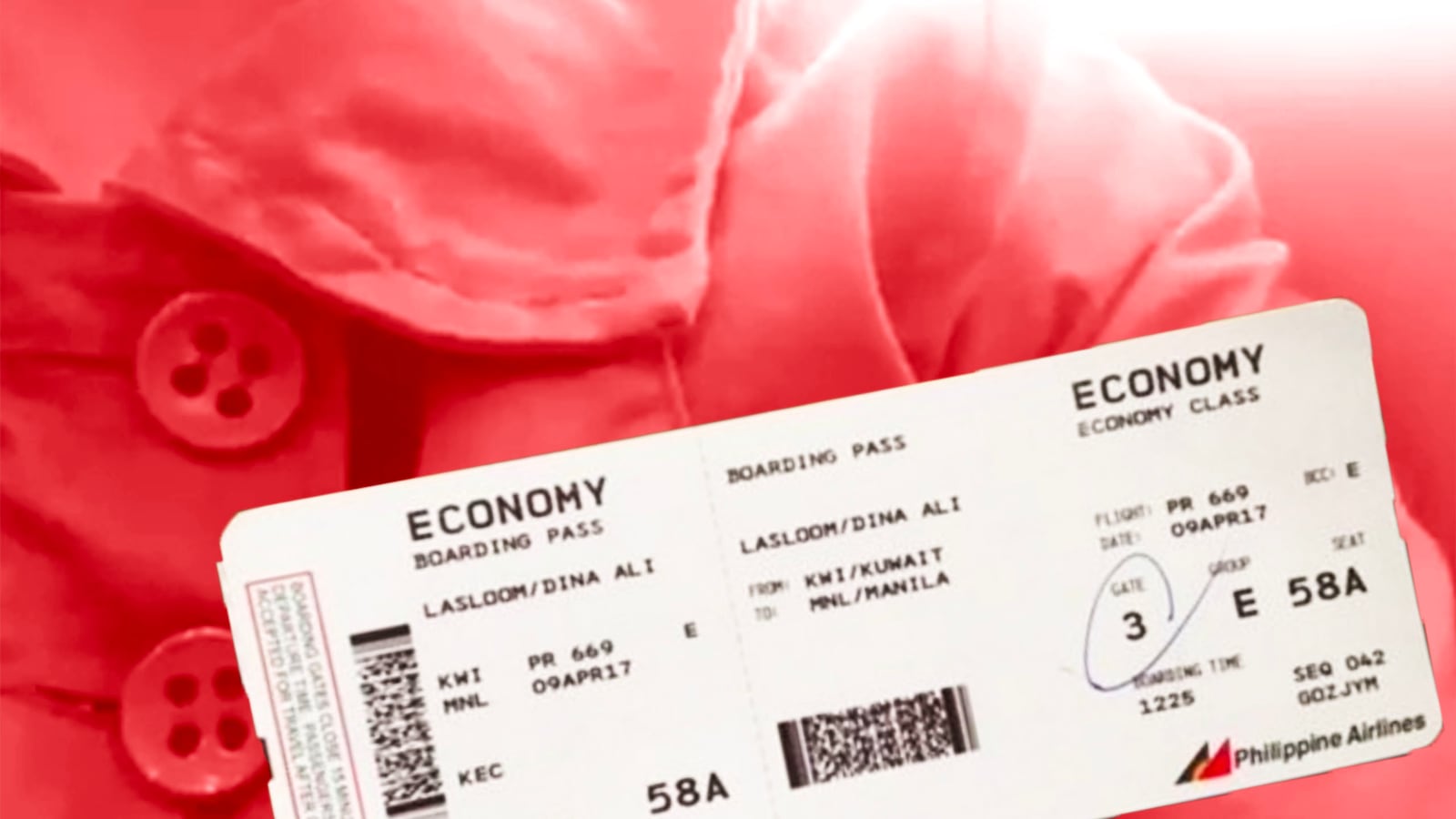LONDON—The story of Dina Ali Lasloom is the story of a struggle that feels as insurmountable as it does desperately urgent. This is a story of religious theocracy meeting royal patriarchy. It is the story of Saudi womanhood, denied.
Twenty-four-year-old Dina left Saudi Arabia full of hope. Most 24-year-old women the world over dream of the usual things young women do at that age: how to live the full, independent, and exciting life that lies ahead of them. But Dina just wanted to be. Have you ever felt utter, total, and overwhelming helplessness? For Saudi women, such a feeling is a matter of law. They feel it every day. In Saudi Arabia, they are the permanent legal wards of the men in their lives. Powerlessness is a state of being for Saudi women, who lack the lawful agency to study, marry, divorce, work, or travel without formal permission from their father, brother, husband, or son. It is enforced by the system. And the system is a total and absolute religious monarchy.
Dina chose emancipation over slavery. She chose to live as a foreign female refugee in a distant land rather than as a citizen-slave in her own. She chose to try and escape Saudi patriarchy via the Philippines to Australia. There she had hoped to claim asylum.
But Dina failed.
Officials at her transit stop in Ninoy Aquino International Airport have denied all knowledge of Dina. But as the recent United Airlines debacle reveals, in the days of the internet, this tactic is becoming increasingly redundant. As has been reported by activists of a movement called Saudi Arabian Female Empowerment (SAFE), Dina was a passenger of Philippine Airlines flight PR 669 from Kuwait to Manila. What is clear is that she made it to Manila, arriving at 3:30 a.m. Monday. But it appears that Philippine airport officials at Terminal 2 had been instructed ahead of time by the local Saudi embassy to extract her. While still in transit for an 11 a.m. flight to Australia, Dina was off-loaded at Terminal 2. At this point, Philippine security officials confiscated her passport. We know this because Dina told us herself, over her last video to the world, as she desperately pleaded for help. Eyewitnesses in Terminal 2 also began to report stores of a Saudi woman having her documents confiscated. Then Saudi men from the embassy appeared.
The last seen video of Dina was taken by a witness, and it depicts her screaming “that is not my father” as Philippine officials attempt to hand her over to the Saudis. What happened next will send a chill through the spine of every Saudi woman, and outrage every human being beyond. Detained in the lounge, activists report that Dina was viciously beaten, bound by her arms and legs, wrapped in a sheet, and had her mouth duct-taped shut. She was then kidnapped by Saudi men and put on a 10:30 p.m. Saudi Airlines flight from Terminal 1 back to Jeddah.
In Jeddah, Saudi activists report that Dina was seen at arrivals being rolled off in a wheelchair. Her fate remains unknown.
Such is the overwhelming power of the patriarchal Saudi system that no amount of outrage is likely to secure Dina’s release any time soon. Even Saudi men, such as prisoner of conscience Raif Badawi, who was flogged merely for blogging, cannot escape the tyranny that is born of a fundamentalist monarchy. Just as her Pakistani family did to the late Qandeel Baloch, already fundamentalist Saudis have taken to social media demanding that Dina be killed for “dishonoring” her family.
This is what it means to be a Saudi woman today. And though the rest of us may feel powerless, we are not. We are the voice that Dina has been deprived of. Raising our voice is unlikely to free Dina in the near future, but it is certainly likely to help shift public opinion firmly away from Saudi Arabia, Iran, and any other theocratic throwback to medievalism that’s insecurely lashing out in this quickly modernizing world.
Shame on the Saudis and shame on the Philippines. Enough. Enough with using religion to silence, deprive, beat, and kill. Enough with the backwardness. Enough with the darkness. All we can do is continue to speak in the hope that a butterfly’s wings that flap in one corner of the world will eventually build a storm that sweeps clean the disease that is known as Saudi fundamentalist patriarchy. To remind us, we have Dina’s last desperate words, made in her online video, as she pleaded helplessly to the ether, begging for anybody, everybody—and thus nobody—to help her.
No, we are not helpless. That is what helplessness feels like. And this is what a feminist looks like.






